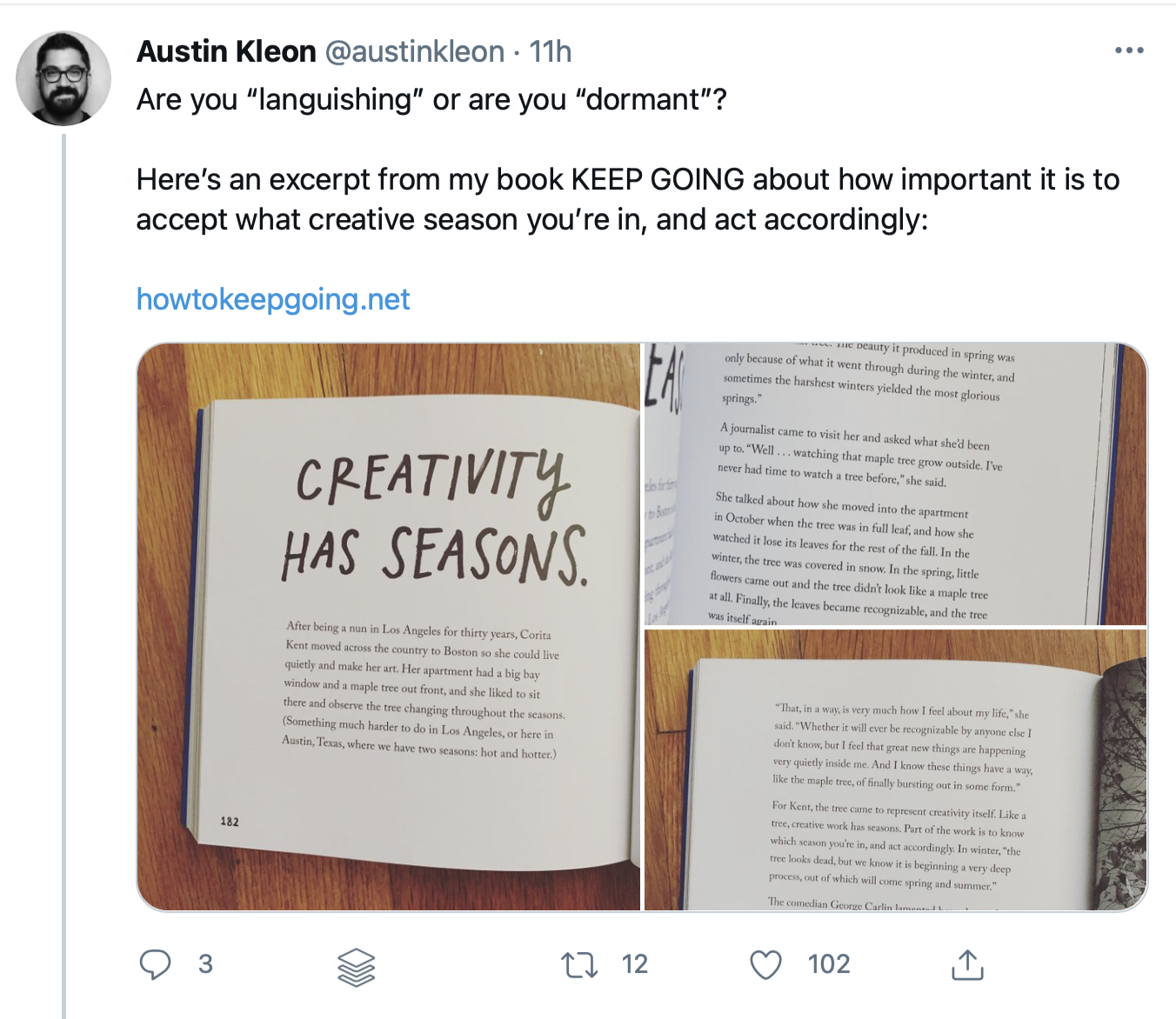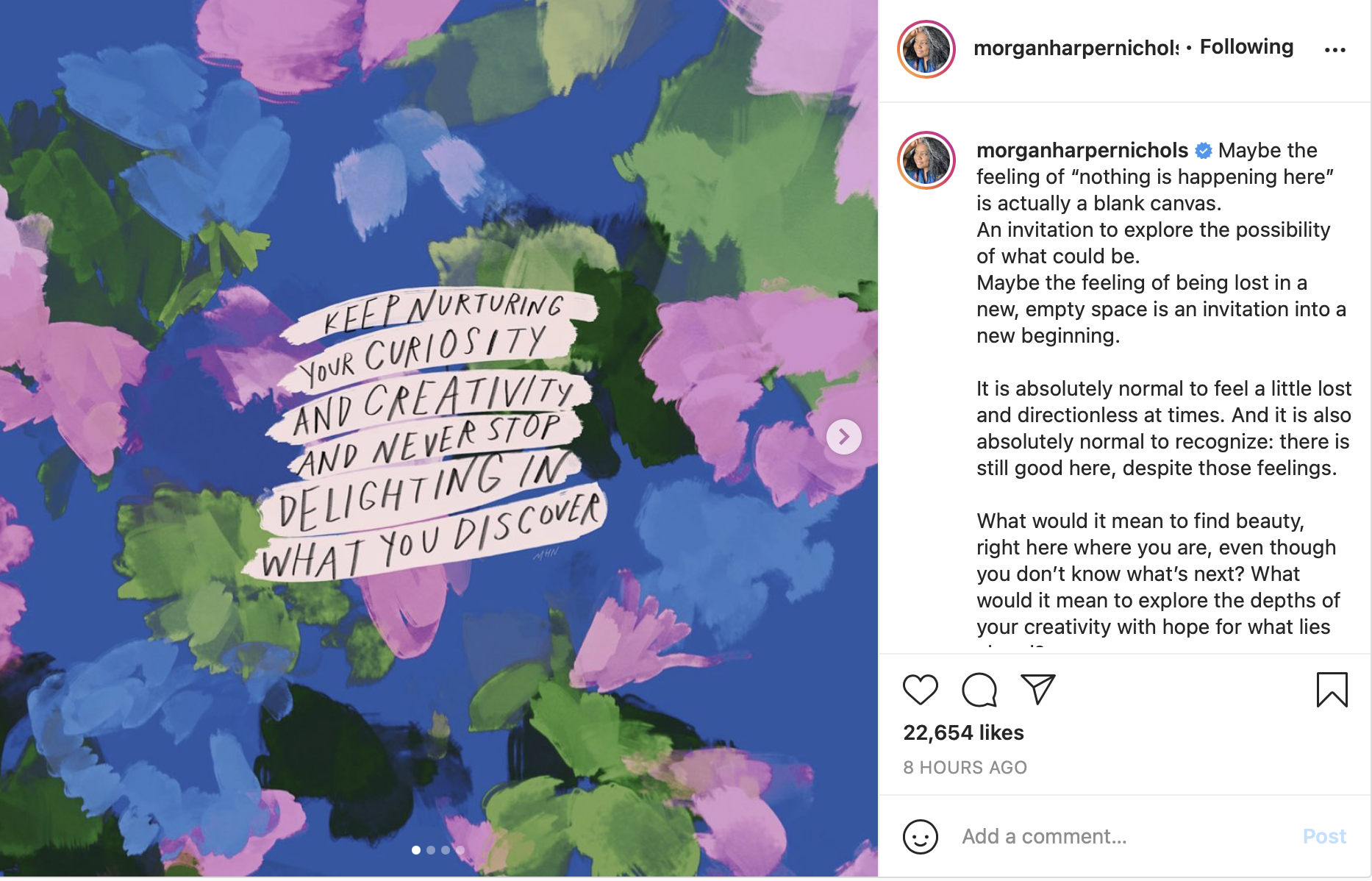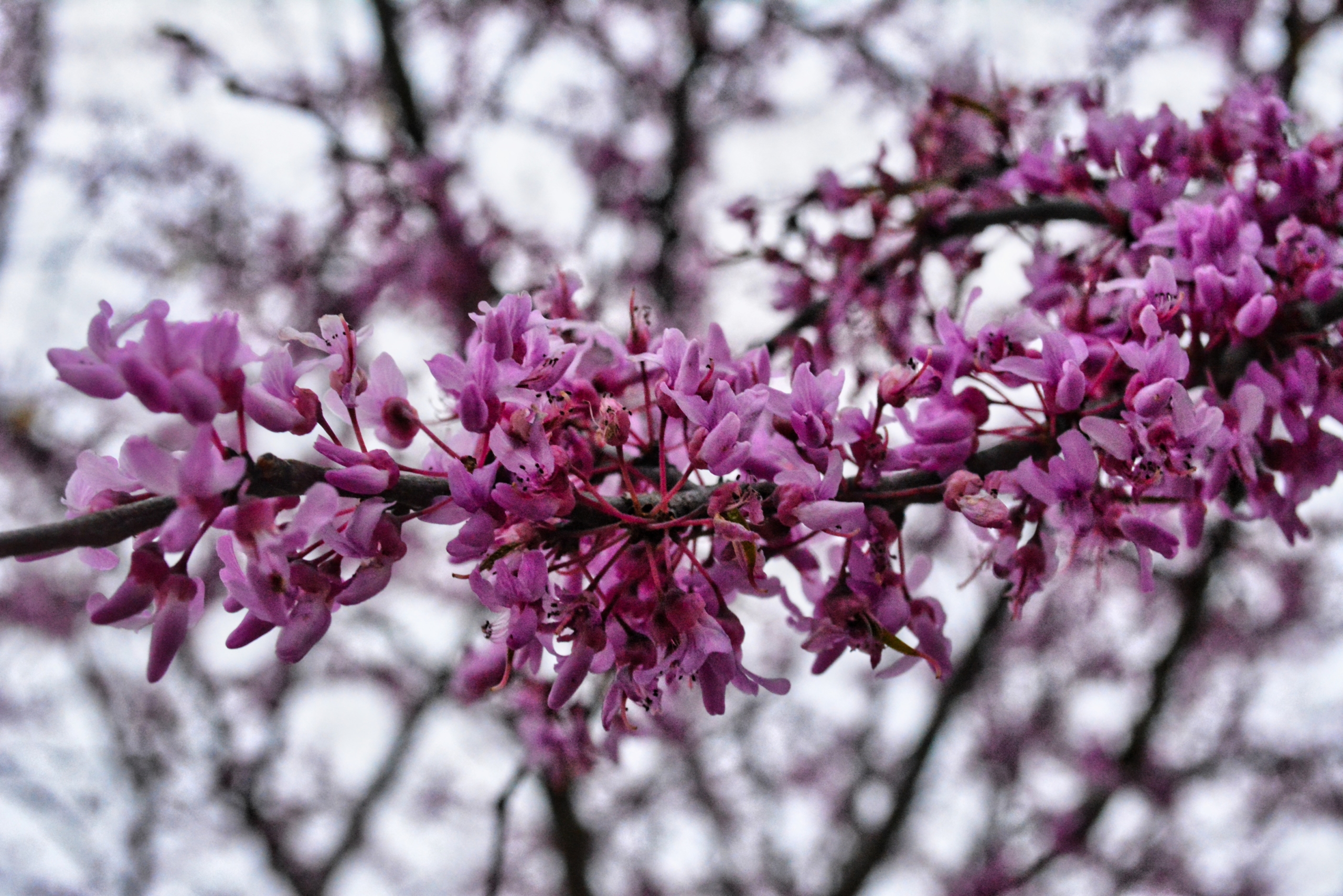Do I have a muse? I wonder
As a pragmatist, I’m not inclined to hand over my creativity to something or someone beyond my control. I learned long ago that waiting for inspiration or a whisper from the ”muse” would leave me with nothing and many blank pages.
Noun or Verb?
What if I considered the word muse as a verb rather than a noun?
Muse
(intransitive verb): to become absorbed in thought; archaic: wonder, marvel
(transitive verb): to think or say (something) in a thoughtful way
That change of noun to verb creates an entirely different approach. As a noun, muse is a being. Someone I must meet or wait for until she decides to arrive. As a verb, I become the muse, the main actor marveling in wonder.
A muse (noun) may not visit me as I contemplate a story, poem, or idea. But I muse about the world around me. Long walks and quiet moments in the garden or by the lake rev the engines of my mind.
Remembrances from sounds, sights, smells from the past conjure up feelings that I thought had left me long ago. Music connects me to events, people, memories, and lessons learned — easy and hard.
Questions offer more than even my brain can handle. Why do clouds take different shapes? How do squirrels remember where they hid all the pecans they stole from the tree? Why do people hurt one another? What can we (I) do to make a difference in a hurting world?
Curiosity as Muse
If you pinned me down to admit to a muse, I would have to say, curiosity. For as long as I remember, I have wondered why, how, what if? Some answers come quickly through research and reading, but others remain elusive.
Over the years, I have studied creativity. Where does it come from? Do we all have some, or are just a few of us blessed? I’ve come to believe that creativity stems from a constant and pervasive need to feed our curiosity.
Think of an artist who looks for new ways to use paint or capture the scenes in front of him. He never stops experimenting, always curious how the paint and paper will respond to his hand on the brush.
As a writer, curiosity fuels my questions. That send me searching for clues in books, the internet, or outside my window. Then, I share those wonders with you because I’m curious if you see what I see or feel the same as I do. How are your beliefs different from my own, what can I learn from you?
Dormant or Languishing
In the past several months, my writing seemed to languish in the mire of everyday life, severe weather, and something intangible. Ideas and curiosity swirled around me, but nothing came to life.
In his weekly newsletter, Austin Kleon mentioned this notion of languishing versus dormancy. He tweeted these pages from Keep Going.
 Austin Kleon on Twitter May 3, 2021
Austin Kleon on Twitter May 3, 2021
My copy of the book wears the signs of use with stickers to mark the best pages, highlighting, and tons of marginalia with my reflections — muses. I had highlighted and placed a note by this passage:
You have to pay attention to the rhythm and cycles of your creative output and learn to be patient in the off-seasons. You have to give yourself time to change and observe your own patterns.
Nature teaches me about these cycles if I pay attention. Plants may seem dead and gone but are merely lying in wait beneath the soil anticipating the warm sun and gentle rain. Animals, too, understand the need to rest as they hibernate quietly until the seasons change.
Why wouldn’t it be any different for humans? Our cultures have taught us to be productive. To be any less constitutes laziness, disinterest; we languish waiting for something or nothing.
What if I look back at the past months as my time to muse on my purpose for writing, renewing my commitment, offering hope in a world full of despair? Preparing small gifts of words and photographs to you, the reader.
So, I have not been languishing in fear or confusion. I have merely remained dormant so the seeds waiting to blossom would have fertile ground and the strength to weather what comes my way. As Austin reminds me, “None of us know how many days we’ll have, so it’d be ashamed to waste the ones we get.”
Finding Inspiration
Sometimes, I do browse through quotations and inspirational sources. Jill Bodansky has a lovely book, The Muse Is In: An Owner’s Manual to Your Creativity. Her simple but elegant drawings capture my attention. Her words seep into my soul, especially this one — Patience.
You need a lot of patience to do creative things.
Things take time. Sometimes years. Don’t give up.
Take a break, breathe, be kind,
and give yourself a chance.
Trust is a good accessory to add to Patience.
***

Morgan Harper Nichols on Instagram May 3, 2021
You know you are on the right path when the universe sends messages you least expect. This poem from Morgan Harper Nichols seemed written just for me.
What if
the feeling
of “nothing is happening here”
is actually a blank canvas?
An invitation to explore the
possibility of what could be?
[excert]
Just as my garden begins to bloom, so will I. Because, “What if the feeling of being lost in a new empty space is an invitation into a new beginning?” This #May Writing Experience came as a well-timed and lovely invitation into a new beginning.
Thank you, Samantha Lazar and Christina M. Ward for the journey.
And always—
Be kind. Be brave. Be you.
Originally published in Sky Collection: A Medium Notebook for Poetry, Stories, & Writing Prompts



Leave A Comment